Bad Hair
(Pelo Malo)
Mariana Rondón / Venezuela / 2013 / 93 min
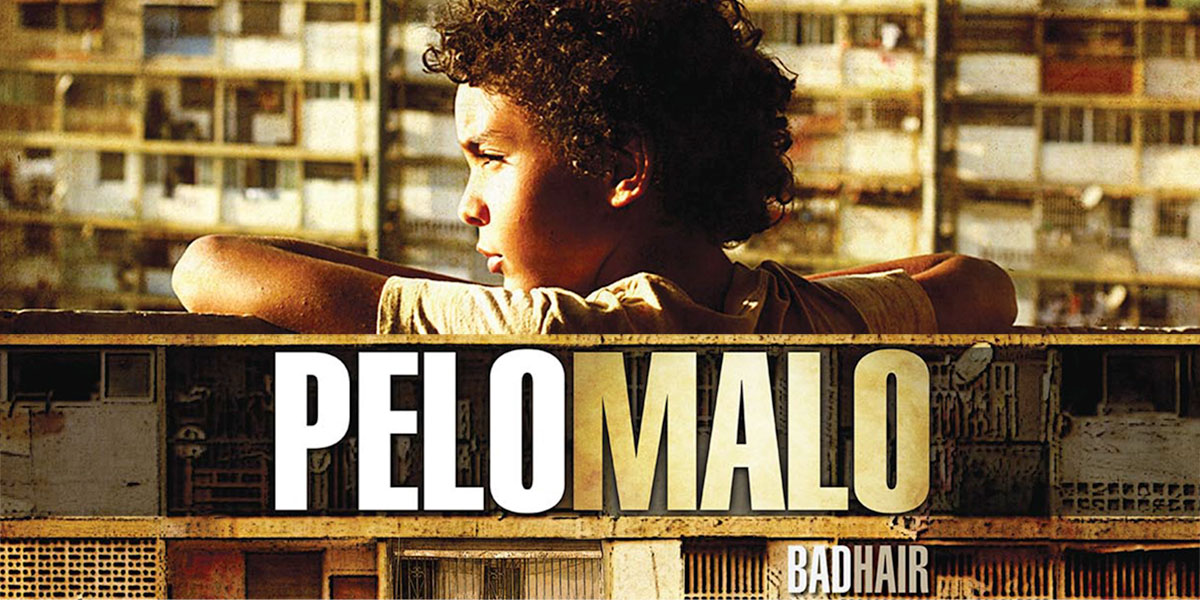

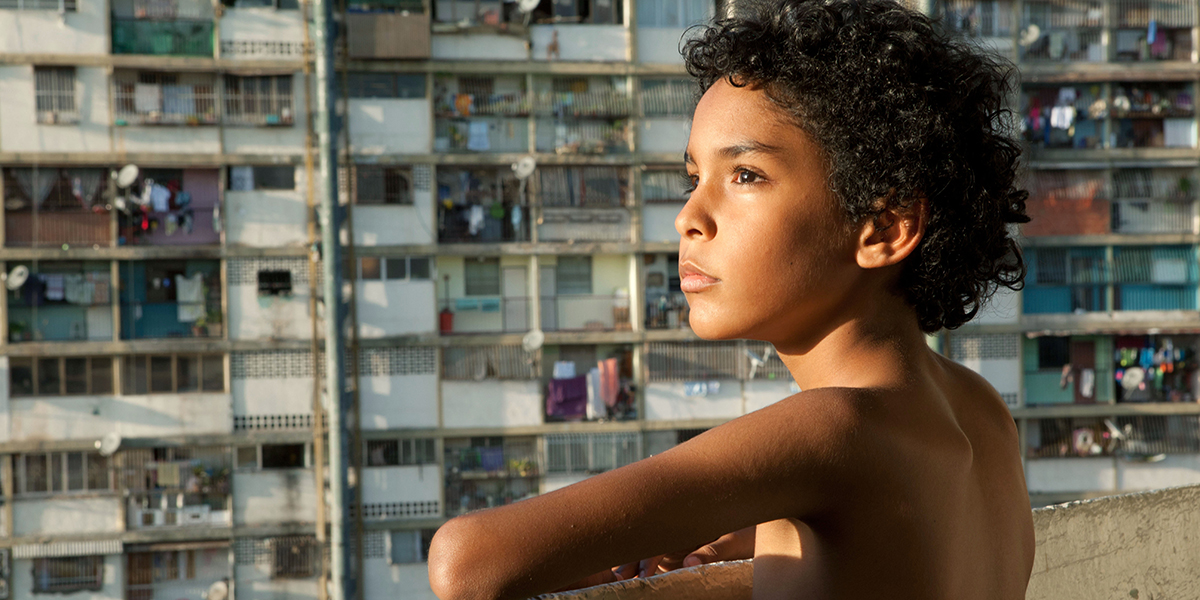
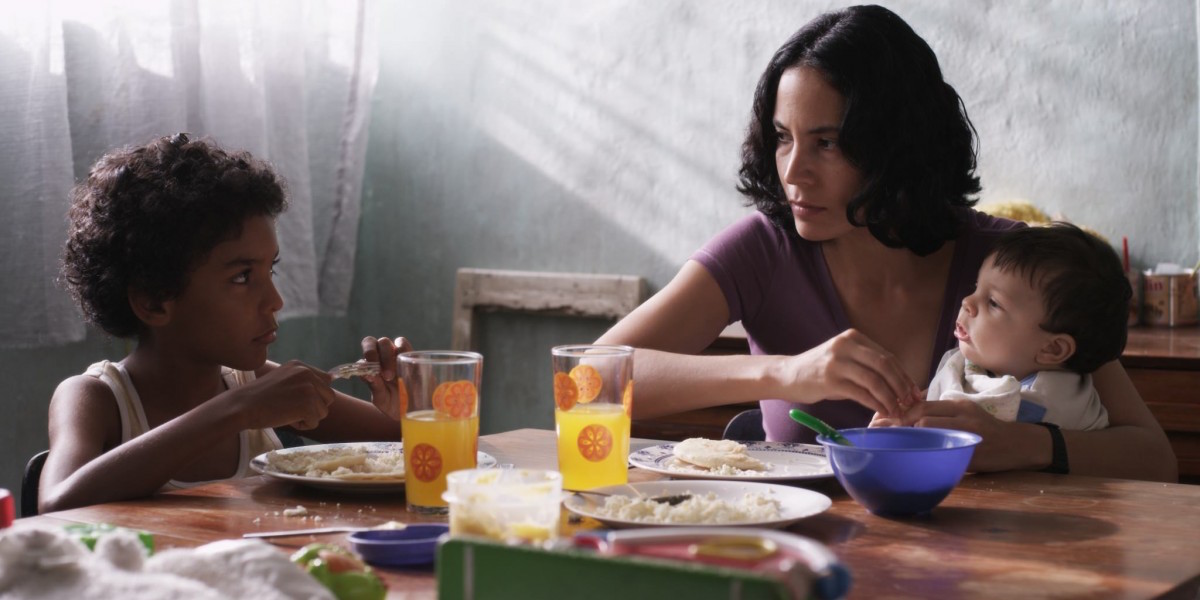
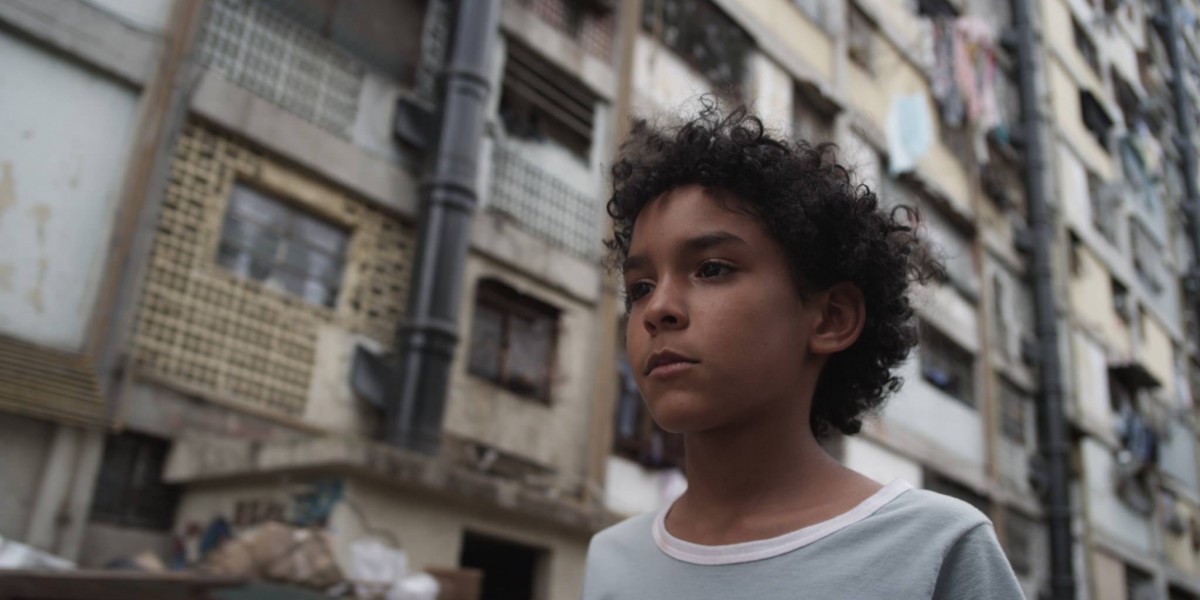
Toronto International Film Festival
San Sebastian International Film Festival
Golden Seashell, Sebastiane AwardMar del Plata Film Festival
Best Director, Best ScreenplayMontreal Festival of New Cinema
Acting AwardThessaloniki Film Festival
FRIPESCI Award, Bronze AlexanderRencontres Cinématographiques de CANNES
Best Film
Spanish Film Club
Related Films
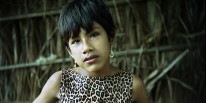 Atempa, Dreams by the River(Atempa, Sueños a la Orilla del Rio)Edson J. Caballero TrujilloTino dreams of becoming a “Muxe Queen”. Though born into a male body, as Tino enters adolescence, she begins to dress as a woman and embrace her ...
Atempa, Dreams by the River(Atempa, Sueños a la Orilla del Rio)Edson J. Caballero TrujilloTino dreams of becoming a “Muxe Queen”. Though born into a male body, as Tino enters adolescence, she begins to dress as a woman and embrace her ... Naomi Campbell, It´s Not Easy to Become a Different Person(Naomi Campbell - No es fácil convertirse en otra persona )Nicolás Videla , Camila José DonosoThis award-winning Chilean film combines documentary and fiction to explore the life of a poor transgender woman named Yermen. Her neighbors think ...
Naomi Campbell, It´s Not Easy to Become a Different Person(Naomi Campbell - No es fácil convertirse en otra persona )Nicolás Videla , Camila José DonosoThis award-winning Chilean film combines documentary and fiction to explore the life of a poor transgender woman named Yermen. Her neighbors think ...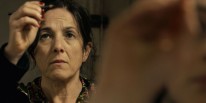 Illiterate(Las Analfabetas)Moisés SepúlvedaXimena is an illiterate woman in her fifties who has learned to live on her own in order to keep her illiteracy a secret. Jackeline is a young unemployed ...
Illiterate(Las Analfabetas)Moisés SepúlvedaXimena is an illiterate woman in her fifties who has learned to live on her own in order to keep her illiteracy a secret. Jackeline is a young unemployed ... Undertow(Contracorriente)Javier FuentesHighly acclaimed and hugely popular gay drama about a married fisherman in love with an artist, Undertow is the winner of 39 film festival awards. ...
Undertow(Contracorriente)Javier FuentesHighly acclaimed and hugely popular gay drama about a married fisherman in love with an artist, Undertow is the winner of 39 film festival awards. ...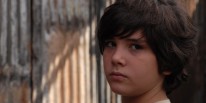 Clandestine Childhood(Infancia Clandestina)Benjamin ÁvilaBenjamín Ávila’s Clandestine Childhood (Infancia Clandestina) is an earnestly heartfelt cine-memoir based on the director/co-writer’s own tragic ...
Clandestine Childhood(Infancia Clandestina)Benjamin ÁvilaBenjamín Ávila’s Clandestine Childhood (Infancia Clandestina) is an earnestly heartfelt cine-memoir based on the director/co-writer’s own tragic ...Synopsis
Spanish with English subtitles
With Samuel Lange, Samantha Castillo
A nine-year-old boy’s preening obsession with straightening his hair elicits a tidal wave of homophobic panic in his hard-working mother, in this tender but clear-eyed coming-of-age tale.
Junior is a beautiful boy, with big brown eyes, a delicate frame, and a head of luxurious dark curls. But he aches to straighten those curls, to acquire a whole new look befitting his emerging fantasy image of himself as a long-haired singer. As the opportunity approaches to have his photo taken for the new school year, that ache turns into a fiery longing.
Marta, his mother, is barely hanging on. The father of her children has died, she recently lost her job as a security guard, and she now struggles to put a few arepas on the table for Junior and his baby brother.
Junior doesn’t even know yet what it means to be gay, but the very notion prompts Marta to set out to “correct” Junior’s condition before it fully takes hold. This is a story of people doing what they feel they have to, partly out of fear, but also out of love.
– Diana Vargas, Toronto International Film Festival.
Advisory: contains sexual content
Related Subjects
About the Director
Mariana Rondón is a film director, screenwriter, and visual artist. She was born in Barquisimeto, Venezuela. After studying Animated Film in Paris, Rondón graduated from the Film School EICTV, Cuba. Her short film Street 22 received 22 international awards.
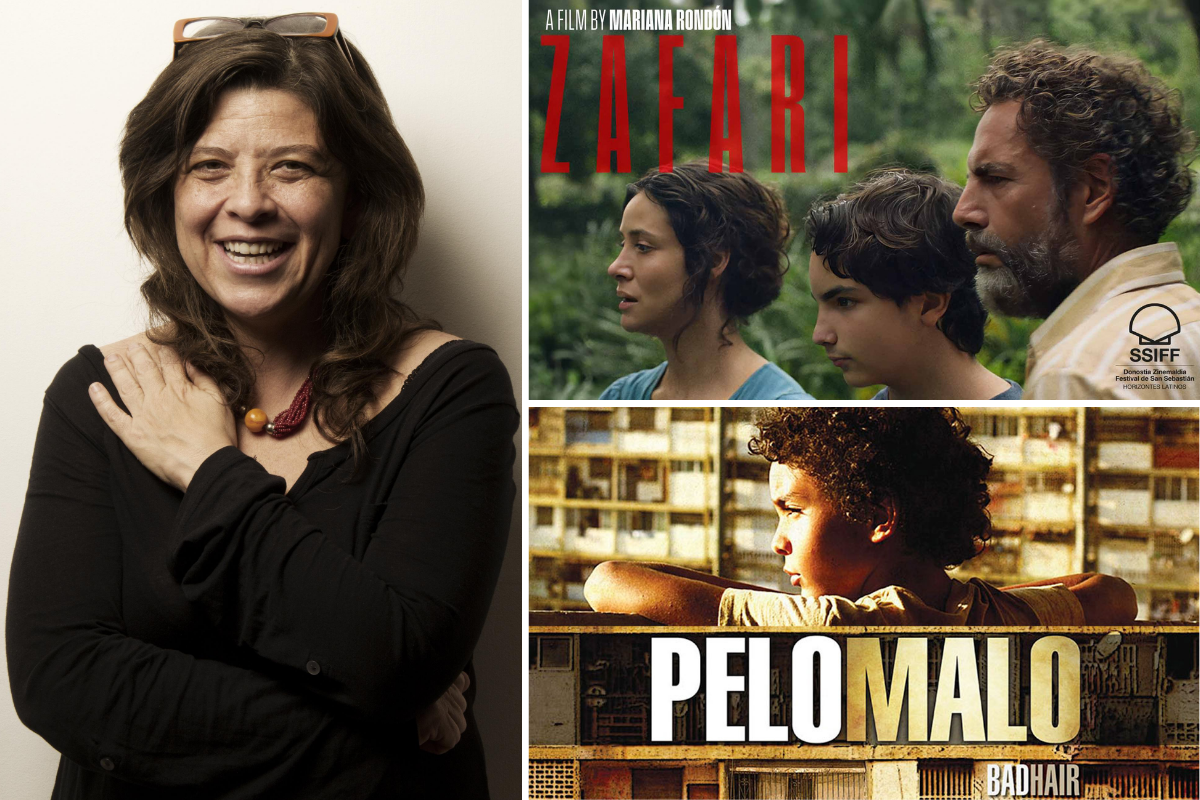
Available for Q&As, Masterclasses, and workshops upon request, in English or Spanish.
Book a Screen+Talk
Mariana’s first feature-length film, At Midnight and a Half (2000), co-directed by Marité Ugás, received 5 “Opera Prima” awards and participated in more than 40 international film festivals. Her next film, Postcards from Leningrad (2007), received 23 international awards, such as FIPRESCI at Kerala, Grand Prix at Biarritz, and Revelation Jury Award at the de São Paulo Festival.
Bad Hair (Pelo Malo, 2013) won the Golden Shell at the San Sebastián Film Festival, the Silver Alexander and FIPRESCI Awards at Thessaloniki, and the Astor Award in Mar del Plata, among 47 other awards. Her recent film Zafari premiered at the San Sebastian Film Festival in 2024. She is co-directing La Noche de San Juan, set to be released later in 2025.
In the plastic arts, Rondón’s robotics installation You Came With the Breeze (Fundación Telefónica Award) has been exhibited in Caracas, México City, Puebla, Gijón, Lima, Santiago, and Beijing as part of the Olympics Cultural Project, 2008. She is presently working on the Interactive installation Superbloques.
Press
“…bold and intelligently perceptive film…Rondon’s enthralling Bad Hair certainly challenges your prejudices; your thoughts on Junior’s identity after watching this provocative and gripping film may very well be a reflection of such. That was director Rondon’s intentions, after all, accomplished with aplomb. Buoyed by instinctive performances (especially the powerful Samantha Castillo as Junior’s mother Marta) and an unnerving score, Bad Hair may just be this year’s festival foreign sleeper hit.” – Vanessa Martinez, INDIEWIRE
“Rondón (Postcards From Leningrad) does a superb job of handling Junior’s embryonic instincts, partly manifested by a pre-sexual attraction to a kiosk vendor he spies from his window.” – Jay Weissberg, VARIETY
“The main attraction at this year’s San Sebastián, where it took home the top award, Mariana Rondón’s Pelo Malo smartly draws from Italian neorealism to create an intimate, sparely successful depiction of hardship during childhood and sexual identity.” – Pedro Ponte, TWITCH
“The most endearing film I saw out of 36 films [at the Toronto International Film Festival] was Bad Hair.” – Kent Turner, Film-Forward.com
“Bad Hair is a riveting and gripping domestic drama that simmers to a boil and it is heartbreaking in many ways. Rondon manages to capture both the wide-eyed innocence of childhood and the grating sound of that innocence scraping against the harsh realities of economically oppressive urban life.” – Brandy Dean, Pretty Clever Films
“A wonderful film. The characters were engaging, the plot well developed and very adept for a film festival. It definitely impacted students in the audience; faculty have been reading a lot of student papers related to the film. The post-screening discussion was the most productive we had during the entire festival due to the topics discussed: gender, sexuality, urban living, family relations, etc. — all very relevant and current.” – K. Angelique Dwyer, Assistant Professor of Spanish & Latin American Studies, Gustavus Adolphus College
Notes on the Film
Bad Hair is the intimate story of a nine-year-old child’s initiation to life and his difficult journey marked by intolerance
One of the first images that came to me for this movie was a large multi-family building and the thousands of stories that take place behind those walls: heat, nudity, precariousness, fragility, sensuality, sex, violence, family, mother, child. The little, intimate stories I imagined grew more complex, and so my characters were born.
They are helpless characters. Wounded and hurtful adults, and children who are learning how to hurt. Marta, the mother, focused on survival, teaches her son Junior to survive just like her, without resources, without freedom. But Junior is different, he fights with everything he’s got for his desire: to straighten his hair and to dress as a singer for a picture he wants to give his mother: a picture that would show him as he wishes to be seen.
Caracas is also hostile to them, a city of urban, political and family violence. Dreams encapsulated in multi-family buildings- the result of Le Corbusier’s “Utopian city” project in the 50s- now turned into massive vertical hells.
I want to talk about intolerance in a social context that is riddled with dogmas, which don’t embrace otherness, where public affairs extend to the private life of its’ inhabitants, highlighting their differences, be they social, political, or sexual.